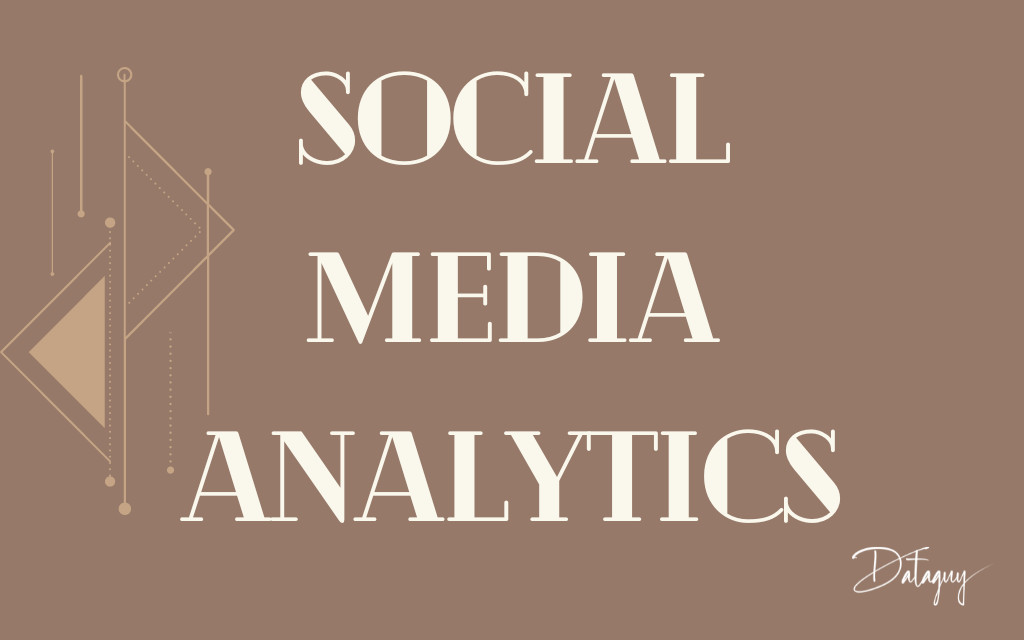Last updated on August 19th, 2024 at 03:20 pm
Insights Index
ToggleSocial Media Analytics Essentials for Impactful Digital Engagement
Introduction
In the bustling world of social media, every like, share, and comment holds valuable insights. Social Media Analytics, the art of deciphering this digital language, is the key to unlocking unparalleled engagement and strategic growth.
In this comprehensive guide, we’ll explore the core principles of Social Media Analytics, its diverse applications, and how it transforms raw data into actionable strategies, ensuring businesses thrive in the dynamic online landscape.
Decoding Social Media Analytics: The Heartbeat of Digital Strategy
At its essence, Social Media Analytics is the systematic analysis of user interactions on social platforms. It involves collecting, interpreting, and leveraging data to understand audience behavior, optimize content, and enhance brand perception.
Key Components of Social Media Analytics
Engagement Metrics:
- Likes, Shares, Comments: Indicators of content popularity and audience engagement.
- Click-Through Rates (CTR): Measures the effectiveness of links shared on social media.
- Conversion Tracking: Tracks actions taken by users, such as sign-ups or purchases.
Audience Analysis:
- Demographic Data: Understand the age, gender, location, and interests of your audience.
- Sentiment Analysis: Gauge the emotional tone of user comments to assess brand perception.
Content Performance:
- Top-Performing Content: Identify the most engaging posts and analyze what makes them effective.
- Posting Times: Determine the optimal times when your audience is most active.
Leveraging Social Media Analytics for Business Growth
-
Content Optimization:
- Data-Driven Content Creation: Craft content tailored to audience preferences, increasing engagement and shareability.
- A/B Testing: Experiment with different content formats and analyze which resonates best with your audience.
-
Customer Engagement and Support:
- Proactive Engagement: Monitor brand mentions and engage with users in real-time, fostering positive relationships.
- Issue Resolution: Address customer complaints promptly, showcasing responsiveness and commitment to customer satisfaction.
-
Strategic Decision-Making:
- Campaign Effectiveness: Evaluate the success of social media marketing campaigns, ensuring they align with business goals.
- Competitor Analysis: Analyze competitors’ social media strategies to identify gaps and opportunities.
| 9 Essential Aspects of Social Media Analytics for Enhanced Digital Engagement |
|---|
1. Purpose of Social Media Analytics:
|
2. Key Metrics:
|
3. Audience Analysis:
|
4. Tools and Platforms:
|
5. Content Optimization:
|
6. Competitive Analysis:
|
7. Business Impact:
|
8. Ethical Considerations:
|
9. Continuous Learning:
|
Mastering these fundamental concepts in Social Media Analytics will provide you with a strong foundation. It will empower you to interpret data, optimize your social media strategies, and foster meaningful connections with your audience.
Conclusion: Navigating the Social Media Universe with Precision
In the digital age, Social Media Analytics isn’t just about numbers; it’s about understanding the heartbeat of your online community. By unraveling user behavior, optimizing content, and fostering genuine connections, businesses can transform social media platforms into thriving hubs of engagement and growth.
Embrace Social Media Analytics. Listen, analyze, and respond strategically. Let data guide your digital journey, ensuring your brand shines brightly in the vast social media universe.

